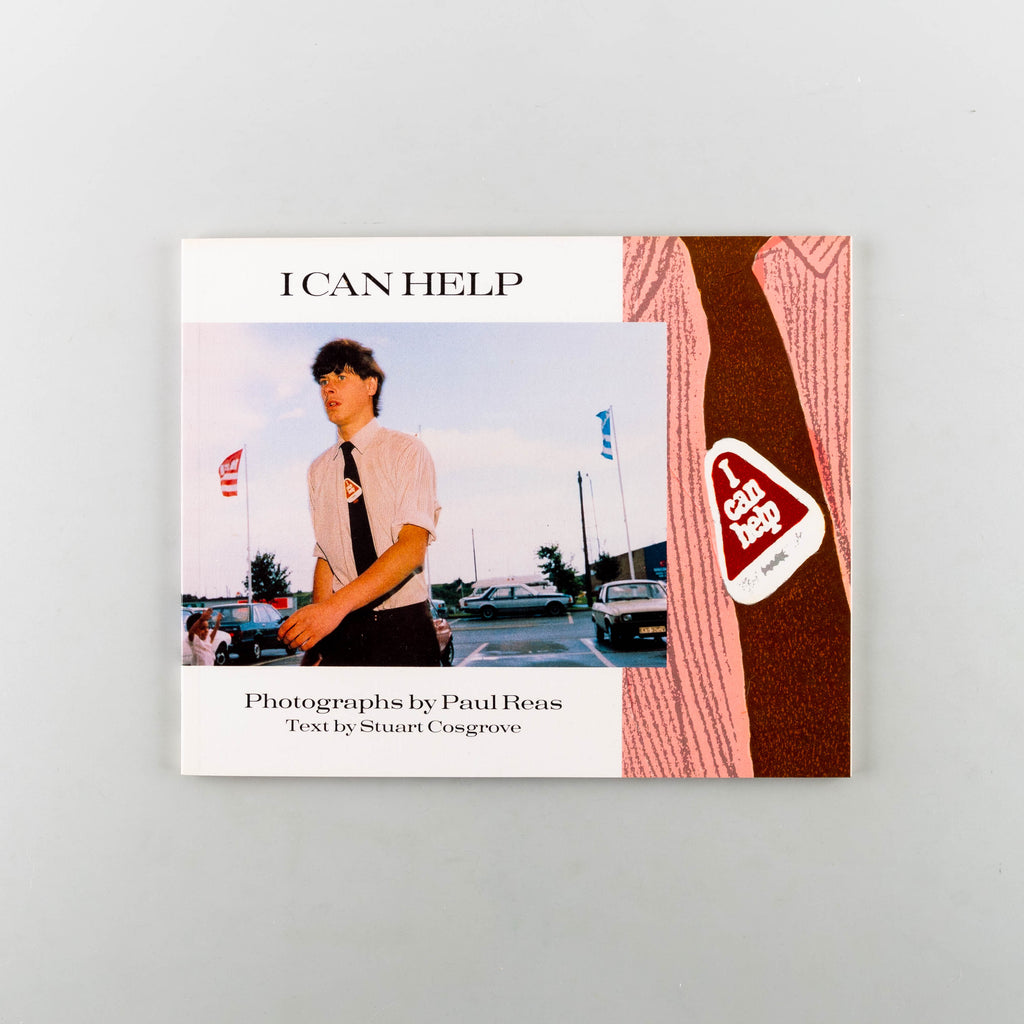I Can Help
Paul Reas
£35.00
Buoyed by her defeat of the miners, victory in the Falklands War of 1982 and the survival of an assassination attempt in 1984, Margaret Thatcher increasingly saw herself as invincible and on the right side of history. Her neoliberal policies, faith in a free market economy and a firm belief... Read More
Buoyed by her defeat of the miners, victory in the Falklands War of 1982 and the survival of an assassination attempt in 1984, Margaret Thatcher increasingly saw herself as invincible and on the right side of history. Her neoliberal policies, faith in a free market economy and a firm belief in individualism turned British culture from a ‘we’ to a ‘me’ generation. The deregulation of the banking system meant that credit was easy to come by and consumer spending was rising fast. This growth in consumption was becoming more and more evident in Britain in the mid-1980s. The then new shopping malls, situated on the edges of cities, were the new cathedrals of consumption, and the new ‘retail parks’, with their supermarkets and furniture stores, were the parish churches. Shopping and the purchasing of an off-the-shelf lifestyle were becoming new leisure activities. In addition, ‘Thatcherism’ also encouraged home ownership. Fundamental to her idea was that government, which had built between a third and half of all homes for the previous three decades, should step back. Councils could no longer build council housing. The market would provide. Houses would be built by housebuilders. As a result, new large private housing estates, aimed at newly aspirational individuals, were rapidly becoming a feature of most towns and cities.






